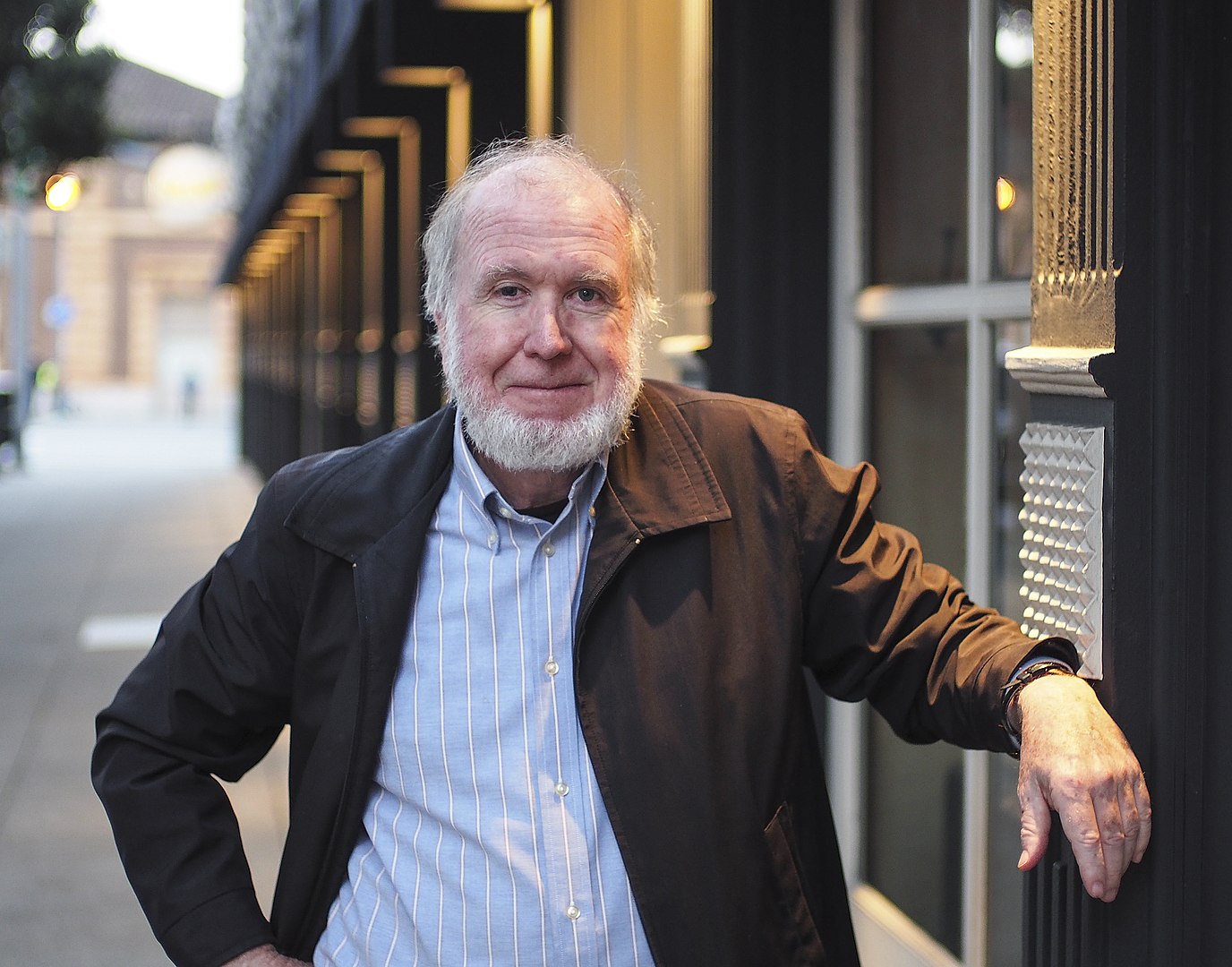177 Pieces of Life Advice from Kevin Kelly, Founding Editor of Wired Magazine & The Whole Earth Review

Image by Christopher Michel, via Wikimedia Commons
I am a big admirer of Kevin Kelly for the same reason I am of Brian Eno—he is constantly thinking. That thirst for knowledge and endless curiosity has always been the backbone to their particular art forms. For Eno it’s music, but for Kelly it’s in his editorship of the Whole Earth Review and then Wired magazine, providing a space for big ideas to reach the widest audience. (He’s also the reason one of my bucket lists is the Nakasendo, after seeing his photo essay on it.)
On his 68th birthday in 2020, Kelly posted on his blog a list of 68 “Unsolicited Bits of Advice.” One bit of advice that frames his thought process and his work is this one:
“I’m positive that in 100 years much of what I take to be true today will be proved to be wrong, maybe even embarrassingly wrong, and I try really hard to identify what it is that I am wrong about today.”
However, the list is more about wisdom from a life well-spent. Many fall into the art of being a curious human among other humans:
- Everyone is shy. Other people are waiting for you to introduce yourself to them, they are waiting for you to send them an email, they are waiting for you to ask them on a date. Go ahead.
- The more you are interested in others, the more interesting they find you. To be interesting, be interested.
- Being able to listen well is a superpower. While listening to someone you love keep asking them “Is there more?”, until there is no more.
And this is probably the hardest piece of advice these days:
- Learn how to learn from those you disagree with, or even offend you. See if you can find the truth in what they believe.
Other bits of advice have to do with creativity and being an artist:
- Always demand a deadline. A deadline weeds out the extraneous and the ordinary. It prevents you from trying to make it perfect, so you have to make it different. Different is better.
- Don’t be the smartest person in the room. Hangout with, and learn from, people smarter than yourself. Even better, find smart people who will disagree with you.
- To make something good, just do it. To make something great, just re-do it, re-do it, re-do it. The secret to making fine things is in remaking them.
- Art is in what you leave out.
And some of the more interesting ones are his disagreements with perceived wisdom:
- Following your bliss is a recipe for paralysis if you don’t know what you are passionate about. A better motto for most youth is “master something, anything”. Through mastery of one thing, you can drift towards extensions of that mastery that bring you more joy, and eventually discover where your bliss is.
One year later, Kelly has returned with 99 more bits of advice. I guess he couldn’t wait til his 99th birthday for it. Some favorites include:
- If something fails where you thought it would fail, that is not a failure.
- Being wise means having more questions than answers.
- I have never met a person I admired who did not read more books than I did.
- Every person you meet knows an amazing lot about something you know virtually nothing about. Your job is to discover what it is, and it won’t be obvious.
and finally:
- Don’t let your email inbox become your to-do list.
There is a small shift in Kelly’s 2021 list from his 2020 list, like a little more frustration with the world, a need for more order in the chaos. I wonder what his advice will be in a few more years?
Related Content:
The Best Magazine Articles Ever, Curated by Kevin Kelly
Ted Mills is a freelance writer on the arts who currently hosts the Notes from the Shed podcast and is the producer of KCRW’s Curious Coast. You can also follow him on Twitter at @tedmills, and/or watch his films here.
177 Pieces of Life Advice from Kevin Kelly, Founding Editor of Wired Magazine & The Whole Earth Review is a post from: Open Culture. Follow us on Facebook and Twitter, or get our Daily Email. And don't miss our big collections of Free Online Courses, Free Online Movies, Free eBooks, Free Audio Books, Free Foreign Language Lessons, and MOOCs.
from Open Culture https://ift.tt/3oA14f3
via Ilumina
Comments
Post a Comment